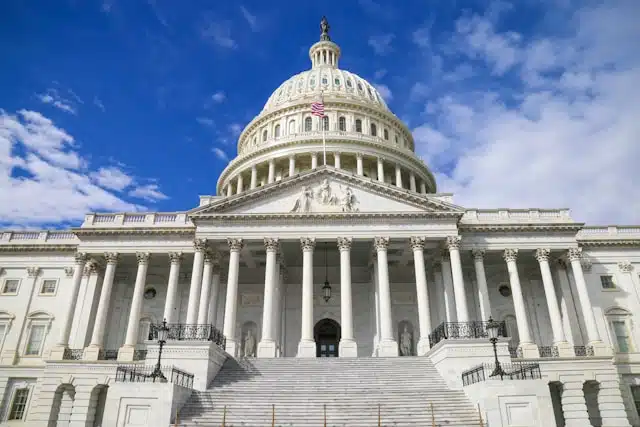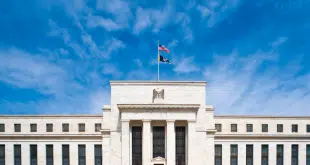The Consumer Financial Protection Bureau released its proposed rule on mobile wallets back in November, and comments on it closed Jan. 8, but that doesn’t mean the proposal isn’t still stirring up discussion as lawmakers, payments experts, and technology firms wrestle with its implications.
The rule, which would define so-called larger participants in the market for general-use payments apps, proposes a size cut-off at 5 million transactions per year. It also excludes any entity that can be defined as a small business according to Small Business Administration criteria. The rule’s importance is that the CFPB would regulate wallets developed by the so-called larger participants, much as it oversees products from big companies operating in other fields of financial services.
But while the CFPB may be set with its larger-participant definition, members of Congress as well as outside observers are signaling caution. A hearing on the proposal held Wednesday by the House of Representatives’ Subcommittee on Digital Assets, Financial Technology, and Inclusion drew multiple questions from lawmakers about the rule’s definition of larger participants as they queried a panel of outside experts.

The proposed rule has also raised concerns in the payments industry about how the regulator will wield its authority with the companies that develop digital wallets. These include behemoths such as Apple Inc., Alphabet Inc.’s Google unit, Block Inc.’s Cash App, and PayPal Holdings Inc.’s Venmo app as well as its own PayPal wallet, all of which easily meet any definition of “larger participant.”
Risks can stem from the specter of over-regulation as well as from rules that bear little or no relationship to how well a company manages its payments business, observers say. In this sense, size isn’t necessarily the most important criterion, say some experts. “We encourage the CFPB to let the regulatory profile be tailored to the risk profile of the entity,” says Scott Talbott, executive vice president at the Electronic Transactions Association, a Washington, D.C.-based trade group for the payments industry.
The CFPB defines and regulates larger entities under authority granted by section 1024 of the Consumer Financial Protection Act. The Act, signed into law in July 2010, created the CFPB.







